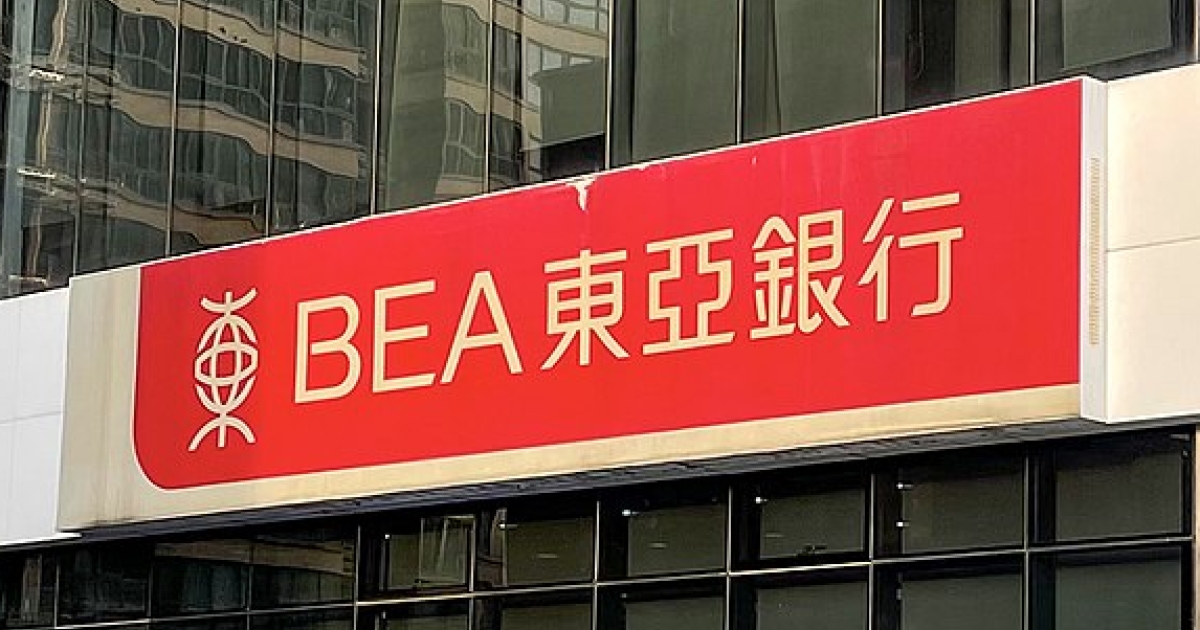Nvidia chief executive officer Jensen Huang, who runs the semiconductor industry’s most valuable company, said the US is as much as 20 years away from breaking its dependence on overseas chip-making.
Huang, speaking at The New York Times’ DealBook conference in New York, explained how his company’s products rely on myriad components that come from different parts of the world – not just Taiwan, where the most important elements are manufactured.
“We are somewhere between a decade and two decades away from supply chain independence,” he said. “It’s not a really practical thing for a decade or two.”
The outlook suggests there is a long road ahead for a key Biden administration objective – bringing more of the chip-making industry to US shores.
The president has championed bipartisan legislation to support the building of manufacturing facilities here. And many of the biggest companies are planning to expand their US operations. That includes Taiwan Semiconductor Manufacturing Company, Nvidia’s top manufacturing partner, as well as Samsung Electronics and Intel.
Europe also is pushing to build more manufacturing locally. It is part of an attempt to roll back decades of globalisation that has scattered production across the world, but has also led to choke points in areas such as Taiwan and South Korea.
Separately, Huang reaffirmed his company’s commitment to China – still the largest market for chips. The company lost the ability to sell its most powerful artificial intelligence processors to the country after the US government imposed export restrictions, and then further tightened them last month. Washington believes that such steps are needed to protect national security.
Following the announcement of the latest rules, Nvidia is working on products for China that will not trigger restrictions, Huang said.
“We have to come up with new chips that comply with the regulation, and once we comply with the regulation, we’ll go back to China,” he said. “We try to do business with everybody we can. On the other hand, our national security matters. Our national competitiveness matters.”
He also cautioned against the unintended consequences of such rules. There are as many as 50 companies in China that are now working on technology that would compete with Nvidia’s offerings, he said.





